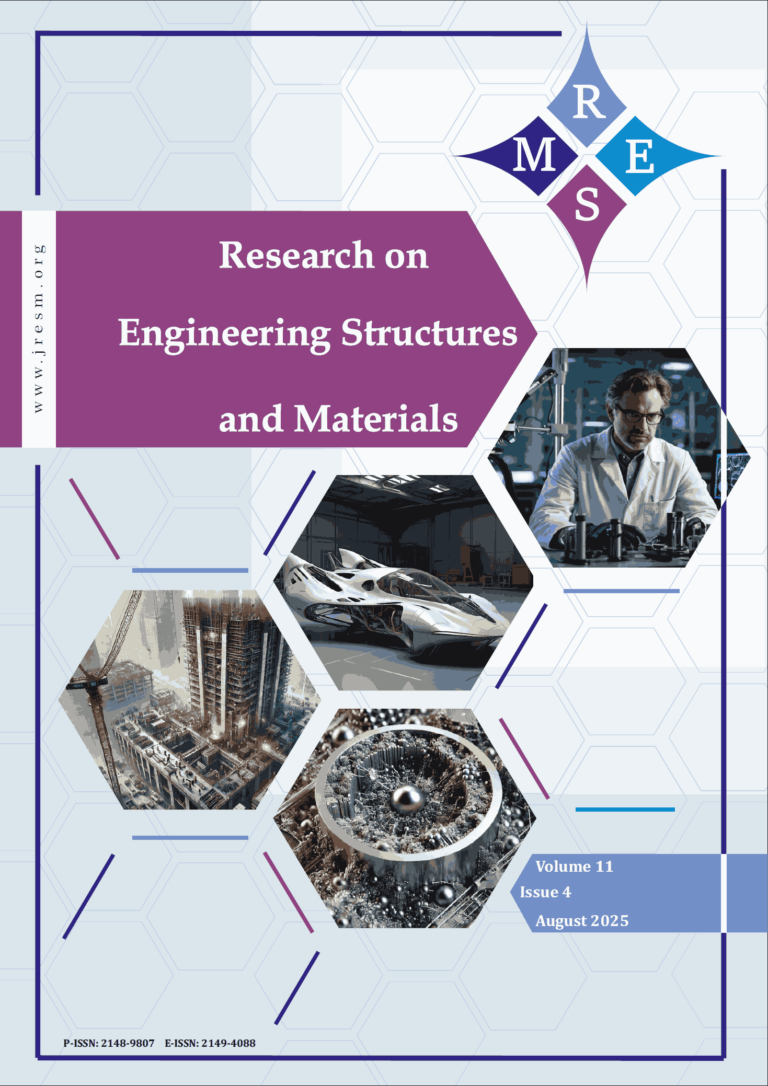This study addresses the impact of metakaolin insertion on the mechanical features and resistance of sulfuric acid of geopolymer mortars composed primarily of ground-granulated blast furnace slag. Several mortar mixtures were created by partially substituting slag with different quantities of metakaolin (0–40%) and activated using a mixture of sodium hydroxide and sodium silicate solutions. Slump flow tests were conducted on the freshly created geopolymer mortar mixtures. After 28 days, capillary water absorption and the voids ratio were determined to assess the physical features of the geopolymer mortars. The mechanical performance of the mortars was measured using flexural strength, ultrasonic pulse velocity (UPV), and compressive strength tests at 28 days, while their durability was evaluated by submerging them in a 5% sulfuric acid solution for 28 days. Weight variations, mechanical assessments, and microstructural analyses were conducted on geopolymer mortars submerged in sulfuric acid to clarify the alterations in the geopolymer matrix. The findings indicated that a 30% substitution of metakaolin augmented flexural strength, compressive strength, and enhanced acid resistance by facilitating the development of a denser and chemically stable aluminosilicate gel. Following 28 days of exposure to sulfuric acid, the compressive strength of 30MK samples increased by 73.05% in comparison to the 0MK samples. This work demonstrates that the use of metakaolin enhances the balance between mechanical features and resistance of acid in slag-based geopolymer specimens, providing a sustainable and resilient alternative to traditional binders.
